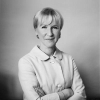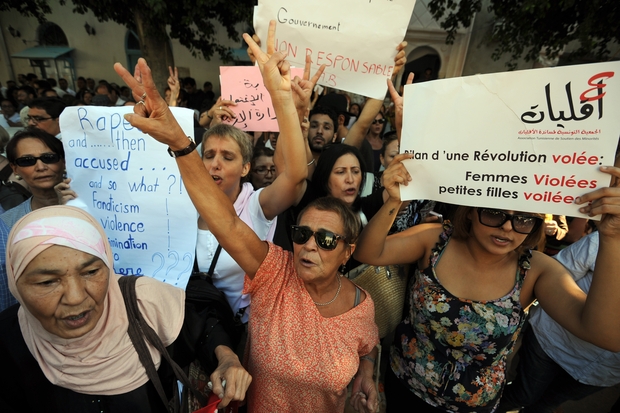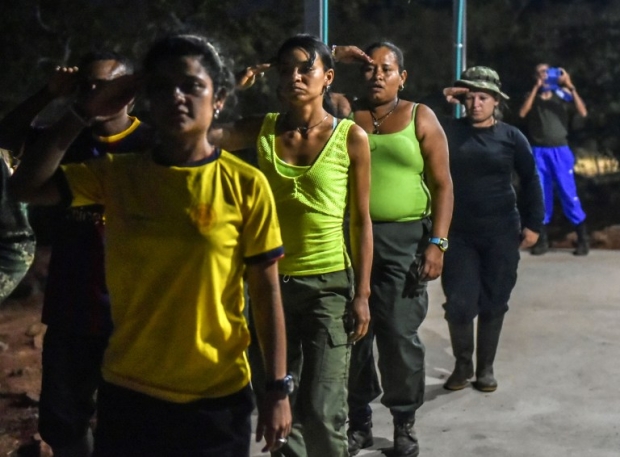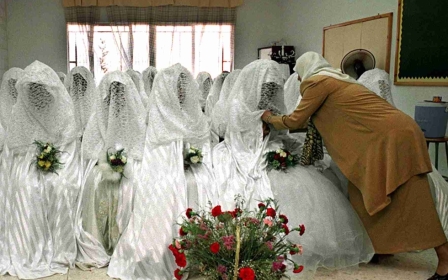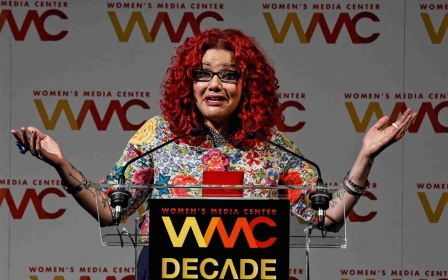Why a feminist foreign policy is needed more than ever
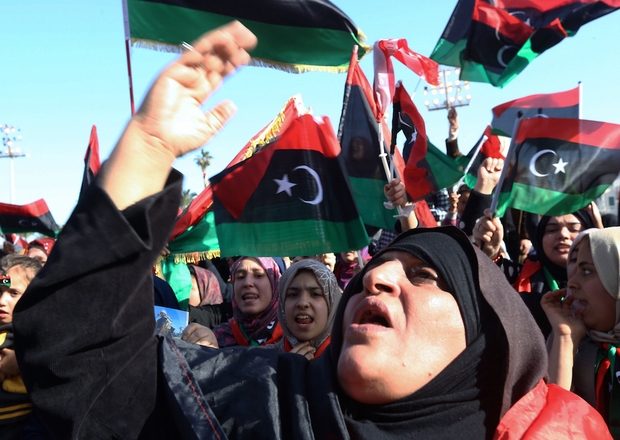
Lately, the world has tended to present itself in increasingly darker shades. In many places, democracy is questioned, women's rights are threatened, and the multilateral system that has taken decades to build is undermined.
Put women at the table from the start and you will notice that more issues and perspectives are brought to light
No society is immune from backlashes, especially not in relation to gender. There is a continuous need for vigilance and for continuously pushing for women's and girls' full enjoyment of human rights.
That is why I – when I assumed office as Foreign Minister over two years ago – announced that Sweden would pursue a feminist foreign policy. Today, this policy is more needed than ever.
The world is torn by conflicts that are perhaps more complex and more difficult to solve than ever before. Almost half of all conflicts reoccur within five years. Over 1.5 billion people live in fragile states and conflict zones.
Connecting the dots
In order to respond to these global challenges, we need to connect the dots and see what drives peace. We need to change our policies from reactive to proactive, focusing on preventing rather than responding.
And prevention can never be successful without the full picture of how certain situations affect men, women, boys and girls differently. Applying gender analysis, strengthening the collection of gender disaggregated data, improving accountability and bringing women into peace negotiations and peacebuilding will be key in moving forward.
Studies show that conflict analyses that include gender aspects and women's experiences are more efficient. Rise in sexual and gender based violence can for example be an early indicator of conflict. We also need to take into account the studies that show a correlation between gender equal societies and peace.
But what is feminist foreign policy?
With Sweden's feminist foreign policy, we bring all our foreign policy tools into play for gender equality and apply a systematic gender perspective in everything we do. It is an analytical tool for making informed decisions.
The feminist foreign policy is an agenda for change which aims to increase the rights, representation and resources of all women and girls, based on the reality where they live.
Whether it regards foreign or domestic policy, whether in Sweden or any other place in the world, we see that women are still under-represented in influential positions in all areas of society
Representation is at the core of the policy, since it is such a powerful vehicle for both the enjoyment of rights and access to resources. Whether it regards foreign or domestic policy, whether in Sweden or any other place in the world, we see that women are still under-represented in influential positions in all areas of society.
Non-representative decision-making is more likely to yield discriminatory and suboptimal outcomes. Put women at the table from the start and you will notice that more issues and perspectives are brought to light.
Despite facing discouraging times for world politics, it is important to remember that change is possible. Sweden's feminist foreign policy makes a tangible difference. Every day, embassies, agencies and departments implement context - and knowledge-based policy around the world. And more countries are realising that gender equality simply makes sense.
Change is possible - and overdue
To mention some examples of how we work, Sweden has provided extensive support for the involvement of women in the Colombian peace process, ensuring that significant perspectives were lifted in the peace agreement.
Together with the ICC and partner countries, we counter impunity for sexual and gender based violence in conflicts. We also make sure that humanitarian actors only receive funding if their work is based on gender disaggregated data. Governmental guidelines have been given to the Swedish International Development Cooperation Agency, contributing to making gender equality the main objective in an increasing amount of the Swedish International Development Cooperation Agency's specific sector issues.
These are just some examples of how our feminist foreign policy translates into practice, making a difference for women and girls around the world.
Feminism is a component of a modern view on global politics, not an idealistic departure from it. It is about smart policy which includes whole populations, uses all potential and leaves no one behind. Change is possible, necessary and long overdue.
This piece originally ran in the Inter Press Service.
- Margot Wallström is the Swedish Minister for Foreign Affairs. Ms. Wallström previously served as European Commissioner for the Environment from 1999 to 2004 and as European Commissioner for Institutional Relations and Communication Strategy from 2004 to 2009. She was also Special Representative of the UN Secretary-General (SRSG) on Sexual Violence in Conflict.
The views expressed in this article belong to the author and do not necessarily reflect the editorial policy of Middle East Eye.
Photo: Libyan women take part in a celebration marking the sixth anniversary of the Libyan revolution, which toppled Gaddafi, at the Martyrs' Square in the capital Tripoli (AFP)
New MEE newsletter: Jerusalem Dispatch
Sign up to get the latest insights and analysis on Israel-Palestine, alongside Turkey Unpacked and other MEE newsletters
Middle East Eye delivers independent and unrivalled coverage and analysis of the Middle East, North Africa and beyond. To learn more about republishing this content and the associated fees, please fill out this form. More about MEE can be found here.


